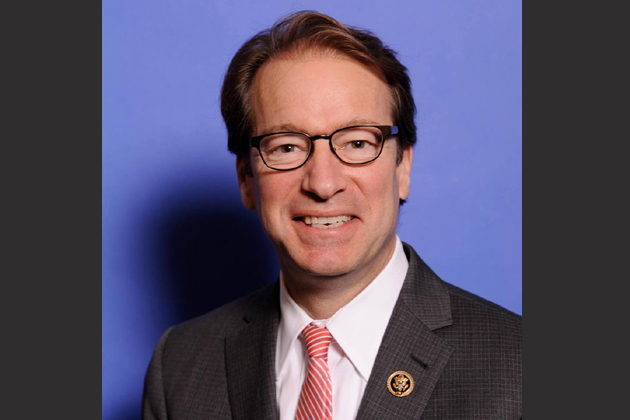
By Illinois Radio Network
SPRINGFIELD – Illinois’ congressional Republicans are locked and loaded to vote on a compromise between separate versions of tax reform this week. If the votes are there, the president could sign it before Christmas.
Among the changes announced Friday: the corporate tax rate will be reduced from 35 percent to 21 percent instead of 20 percent; the child tax credit will be increased to $2,000 from $1,000; and it would allow deductions up to $10,000 state and local taxes.
U.S. Rep. Peter Roskam, chairman of the House Ways & Means Tax Policy committee, helped craft the massive rewrite of the federal tax code.
“On balance, it’s a good trajectory. It’s a good bill and it’s really an opportunity to say, ‘let’s go out and let’s get a tax code that’s more reflective of the opportunities we think are inherent in the American economy,’ ” Roskam, R-Wheaton, said. “We’ve got a lot going for us, but we’ve got a tax code that’s just pernicious and out of date.”
Democrats have opposed all versions of the tax reform legislation, claiming they’re nothing more than massive tax breaks for corporations and wealthy Americans and will add $1.5 trillion to the country’s debt over the next decade.
Republicans have countered that the average U.S. household will realize about a $1,200 reduction annually.
Illinois U.S. Rep. Rodney Davis, R-Taylorville, said the GOP tax reform bill also will help small businesses, which in turn will lead to job growth in communities around the state.
“Our small main street businesses don’t pay the corporate rate, they pay the individual rate,” Davis, R-Taylorville, told WMAY in Springfield.
“Our focus has been on making sure the individual rates for these pass-through companies, these are the ones that are your stores around the town squares,” Davis said. “Those are the ones that pay under the individual rate still and they were paying higher than the current corporate rate. They were paying upwards of 40 percent of their income.”
The measure strikes the fee imposed for not having health insurance, the individual mandate from the Affordable Care Act, and includes primary and secondary education investment accounts for public, private or religious schools. It also denies deducting the costs related to settling sexual harassment settlements, including lawyers’ fees, from a filer’s tax liability. It gives employers a tax credit for offering paid medical leave and cuts the excise tax in half on domestically produced beer.
Roskam and U.S. Rep. John Shimkus, R-Collinsville, were on the conference committee that created the final bill up for a vote this week.






